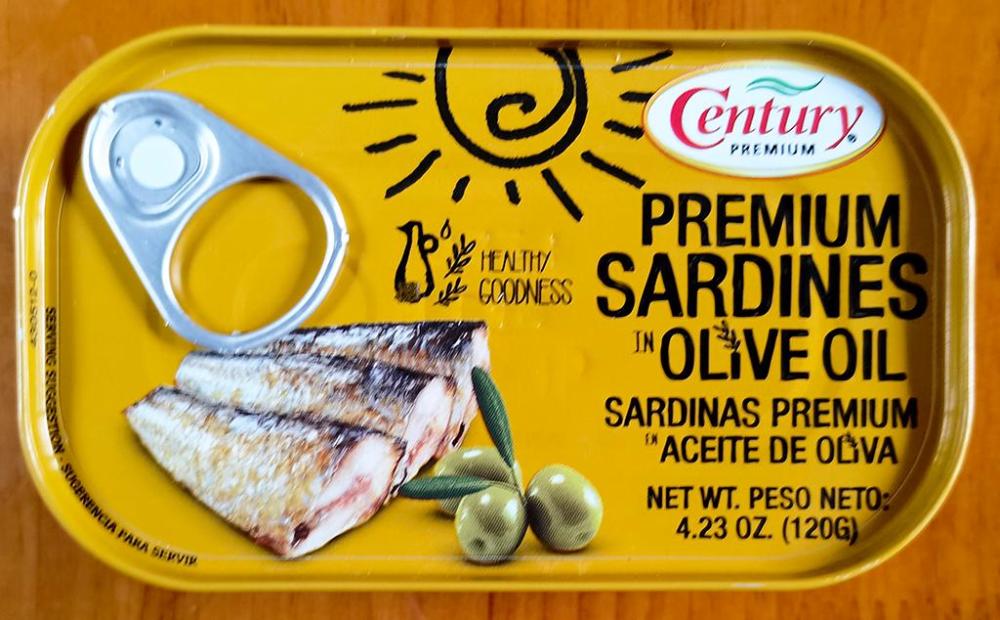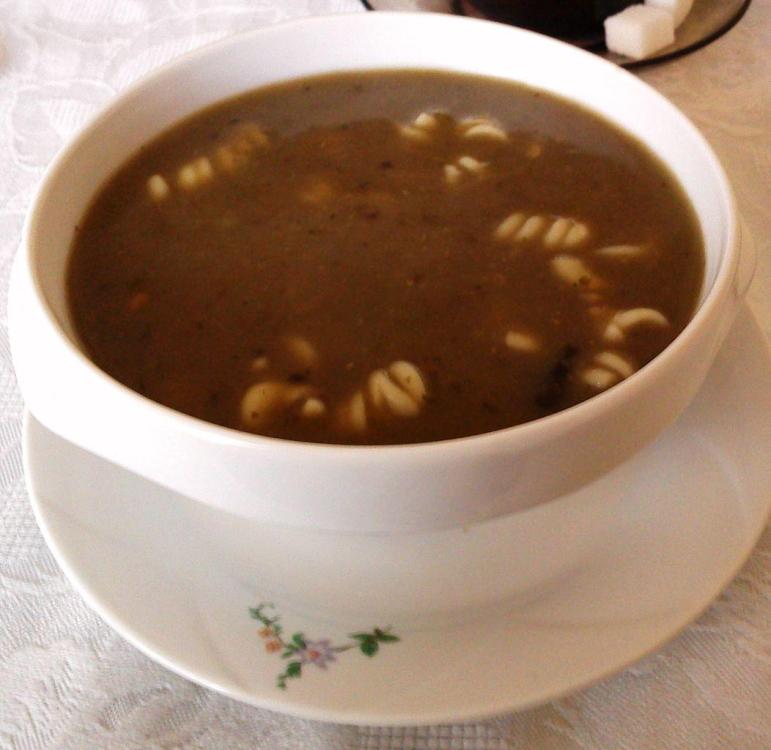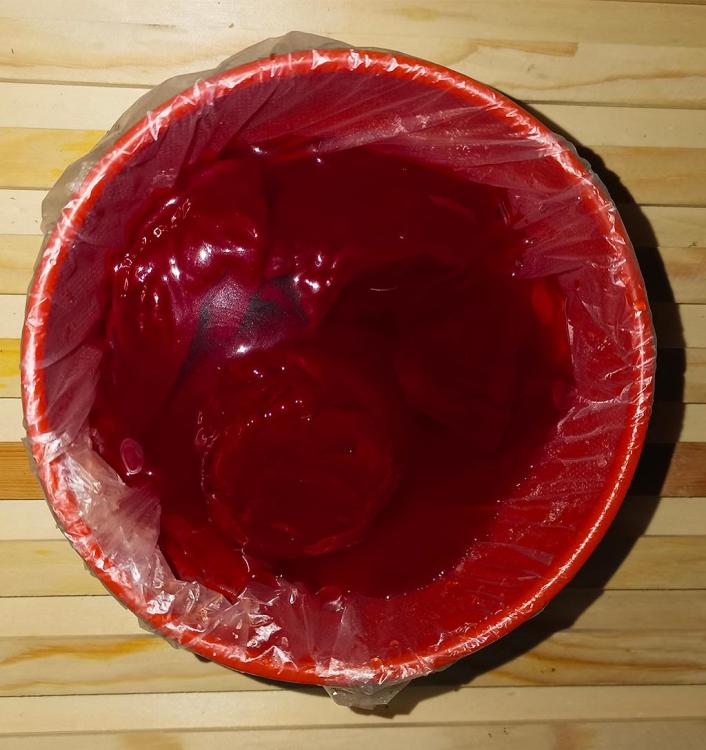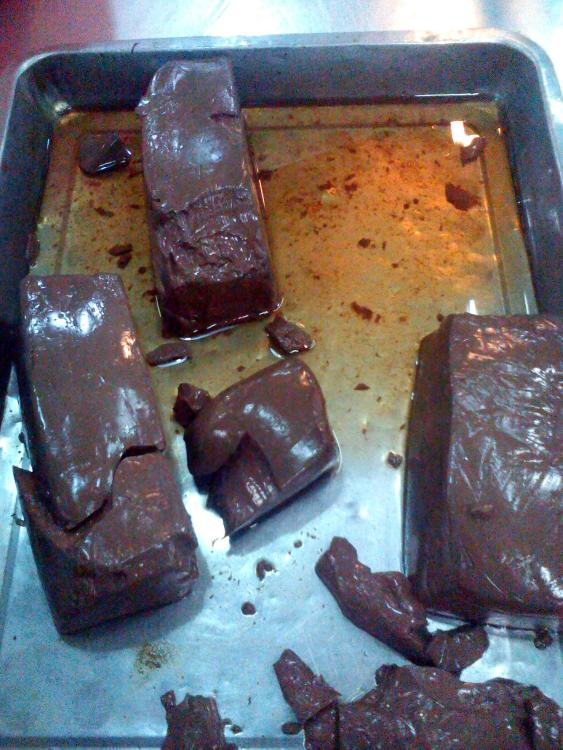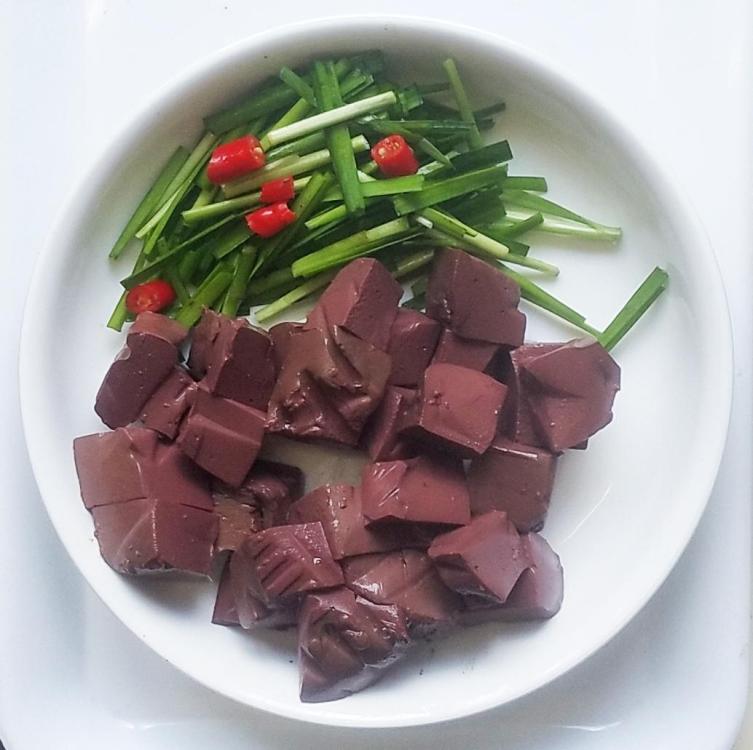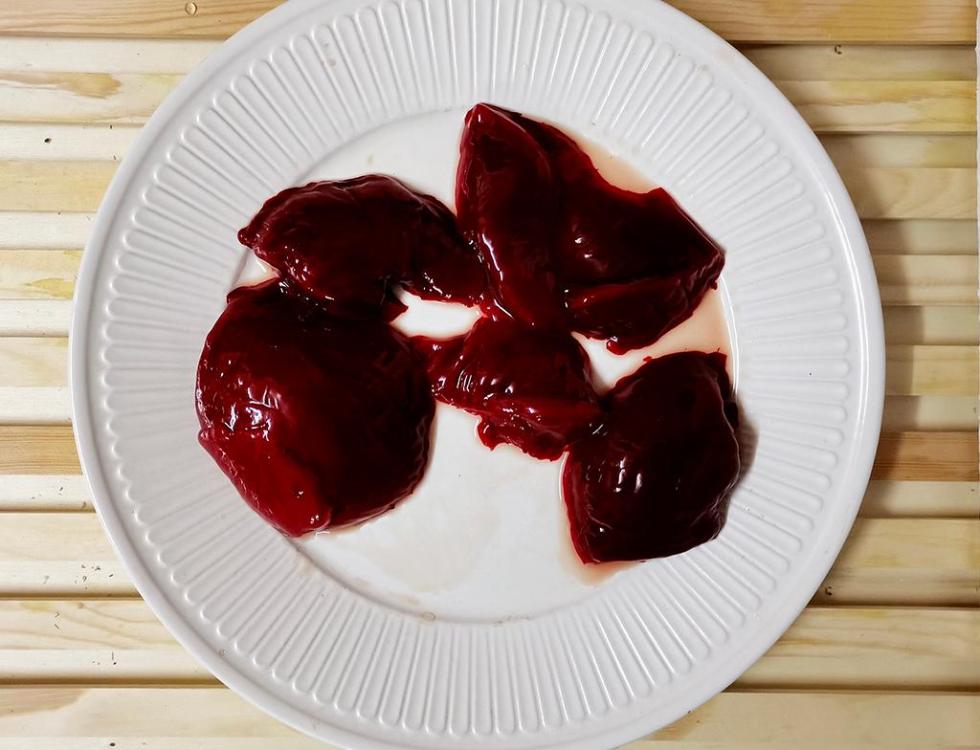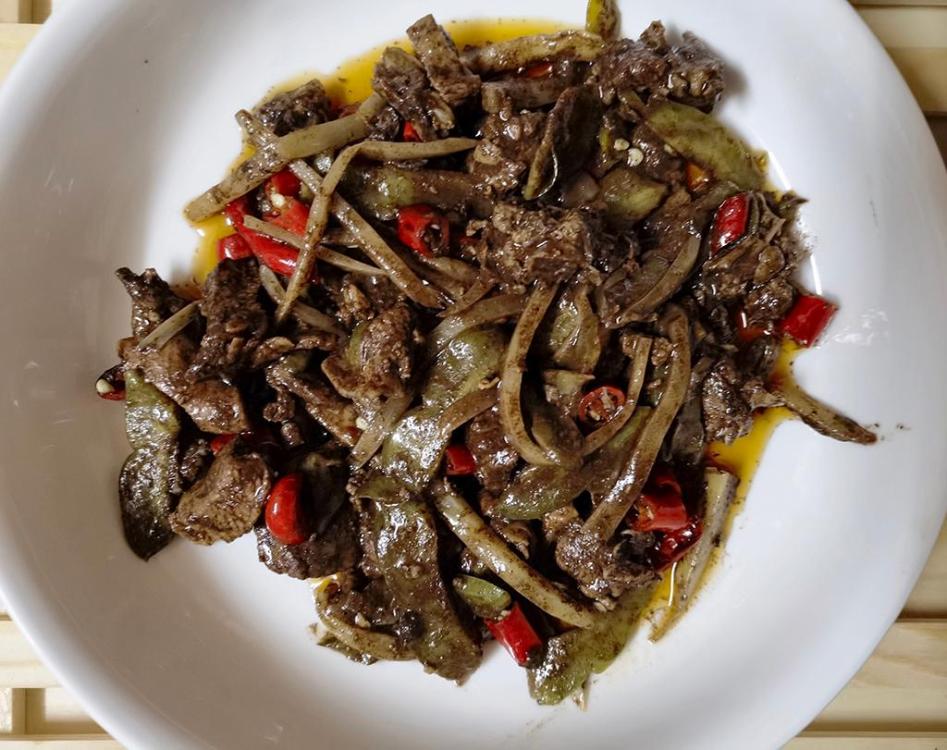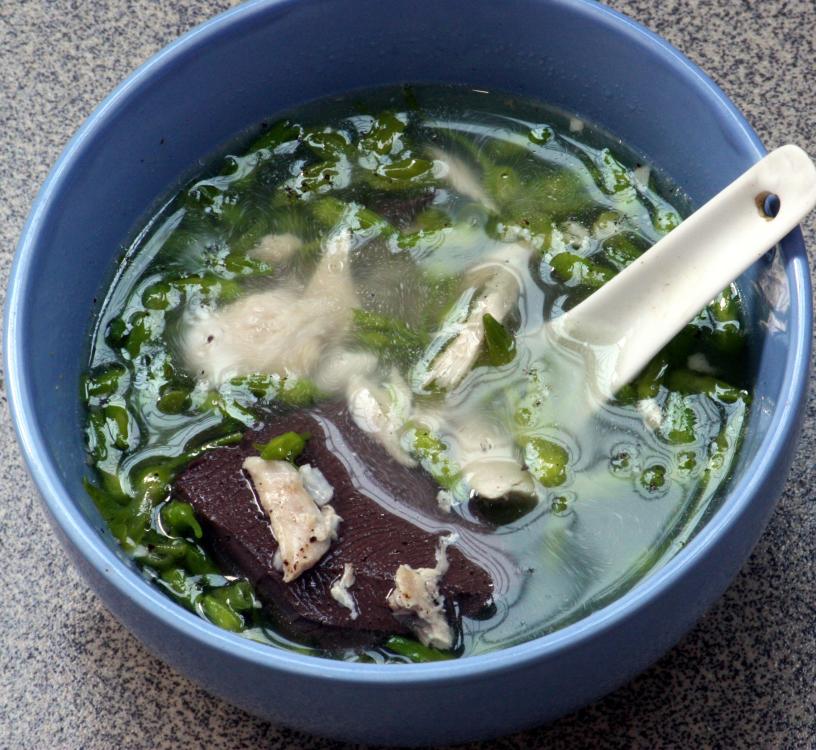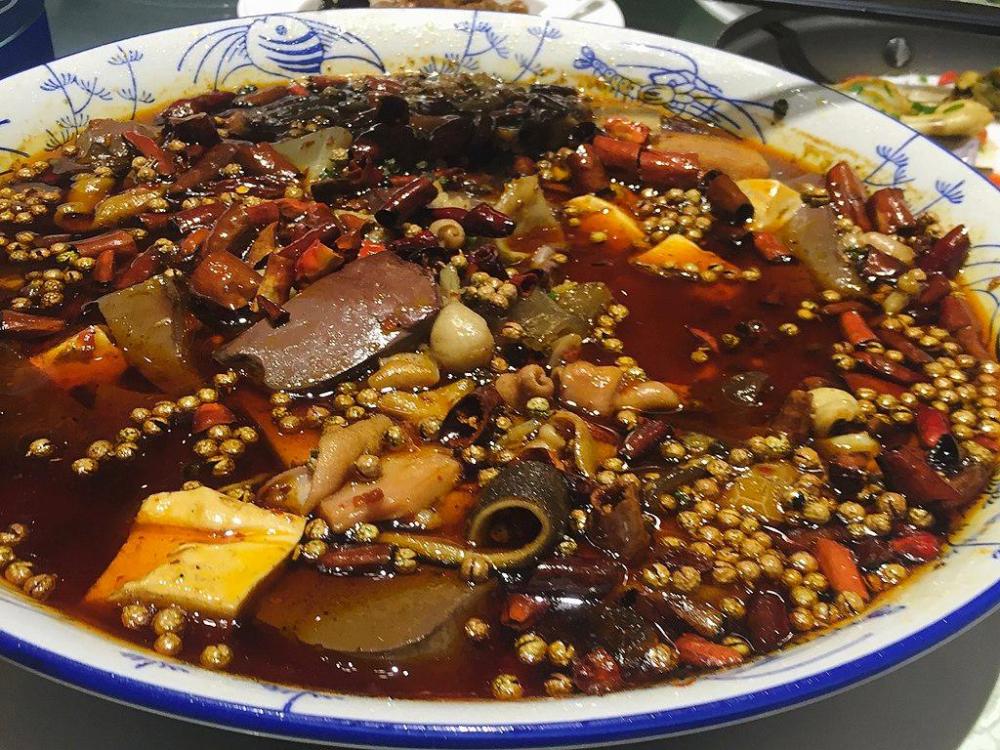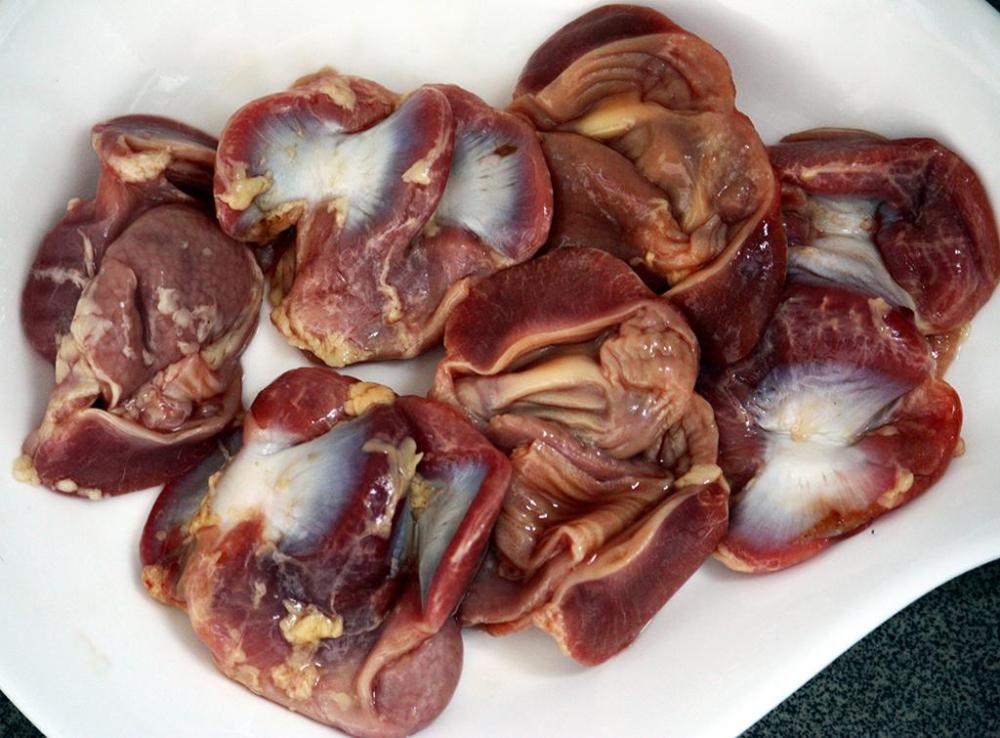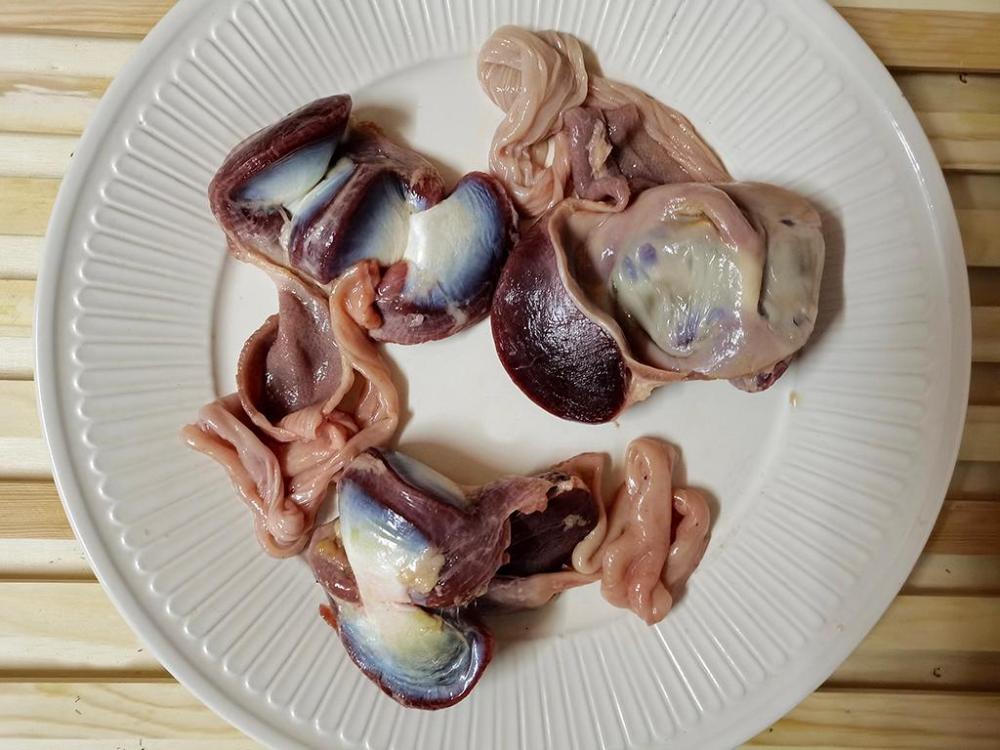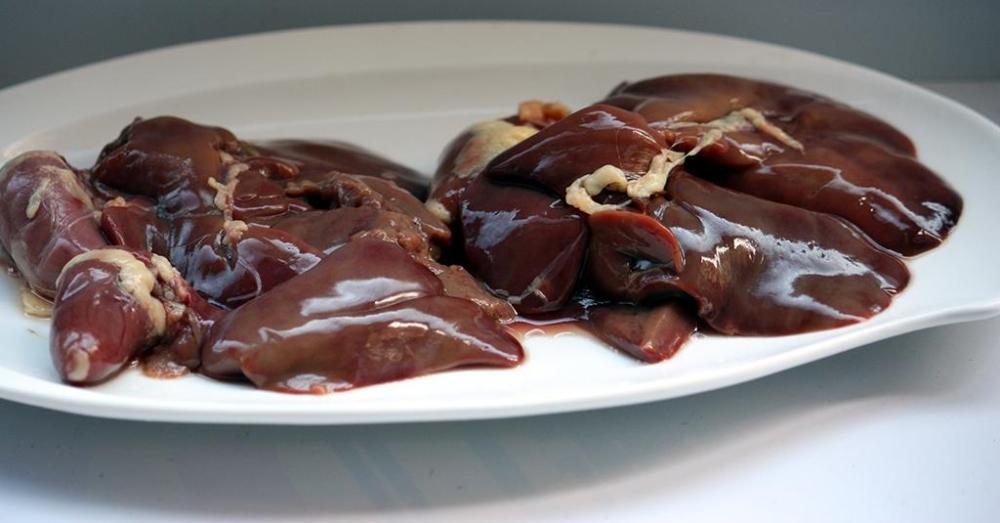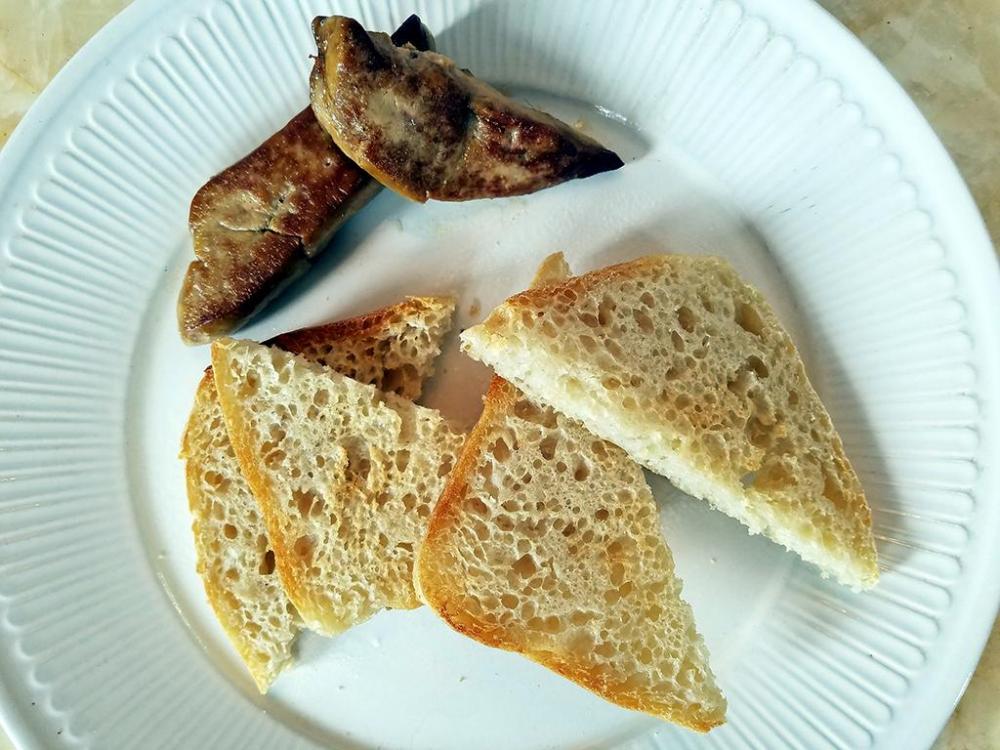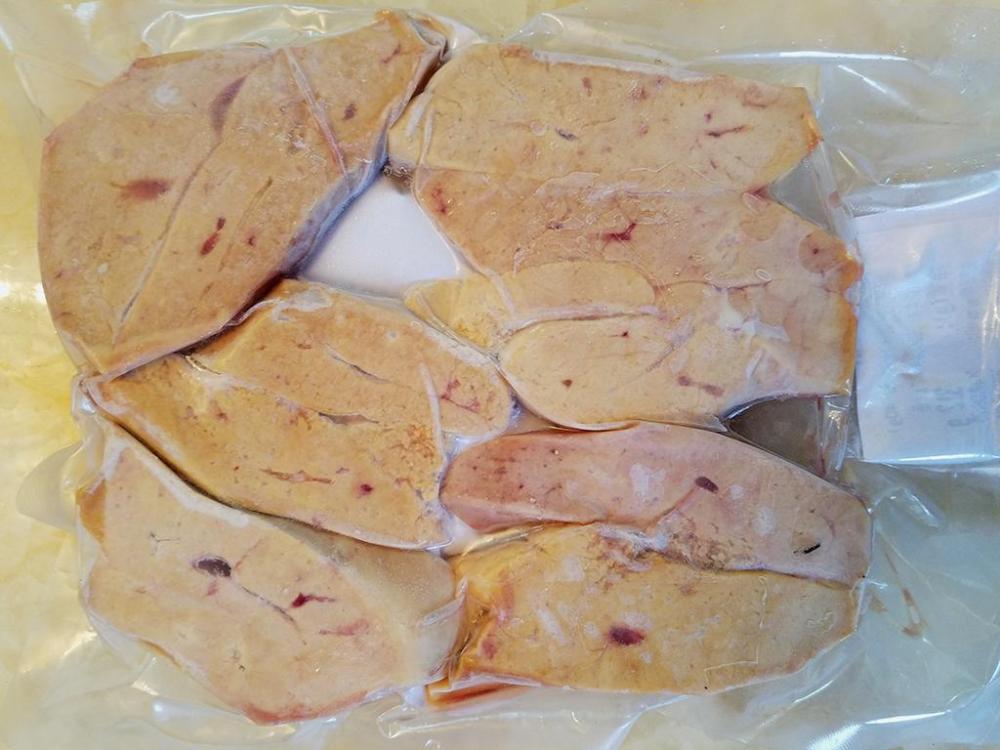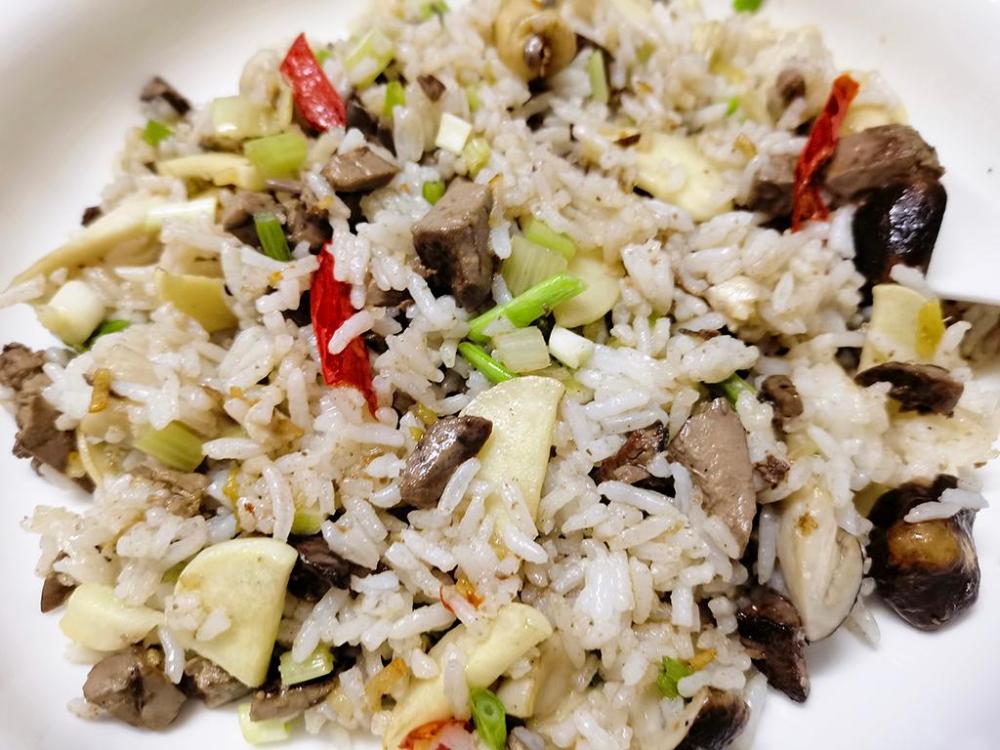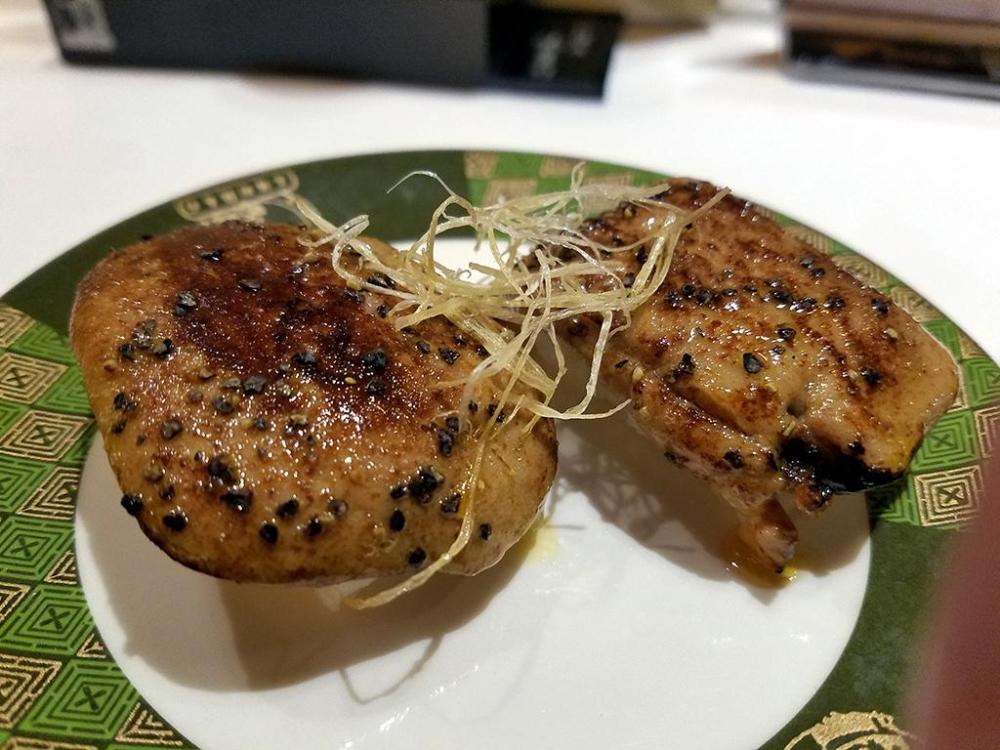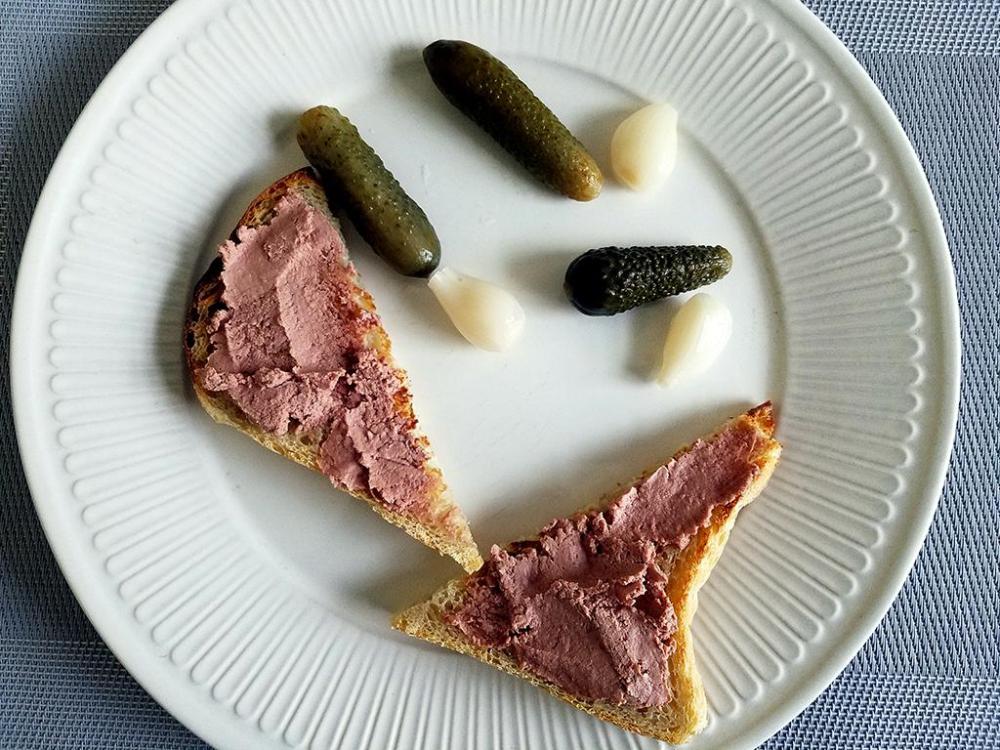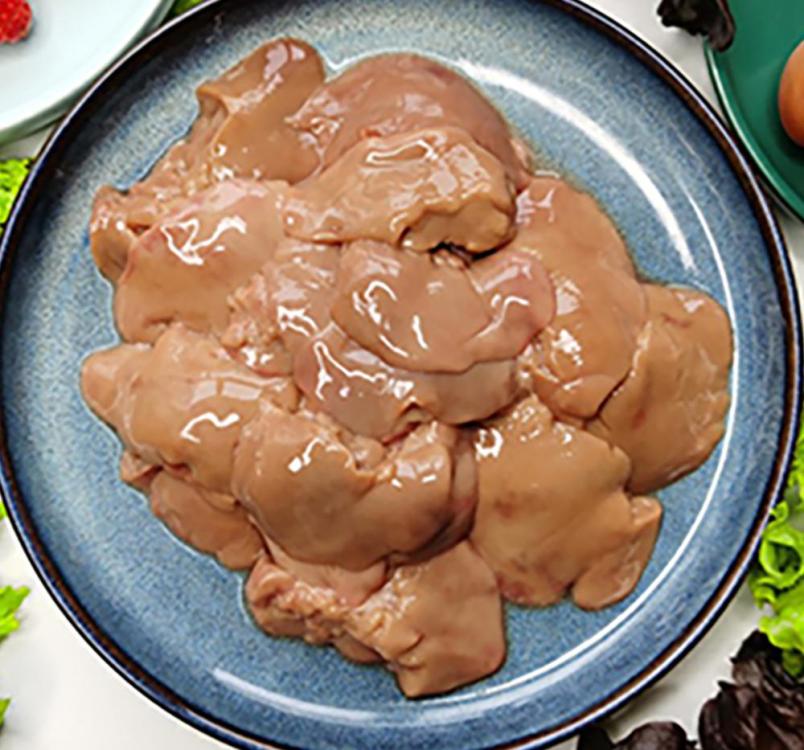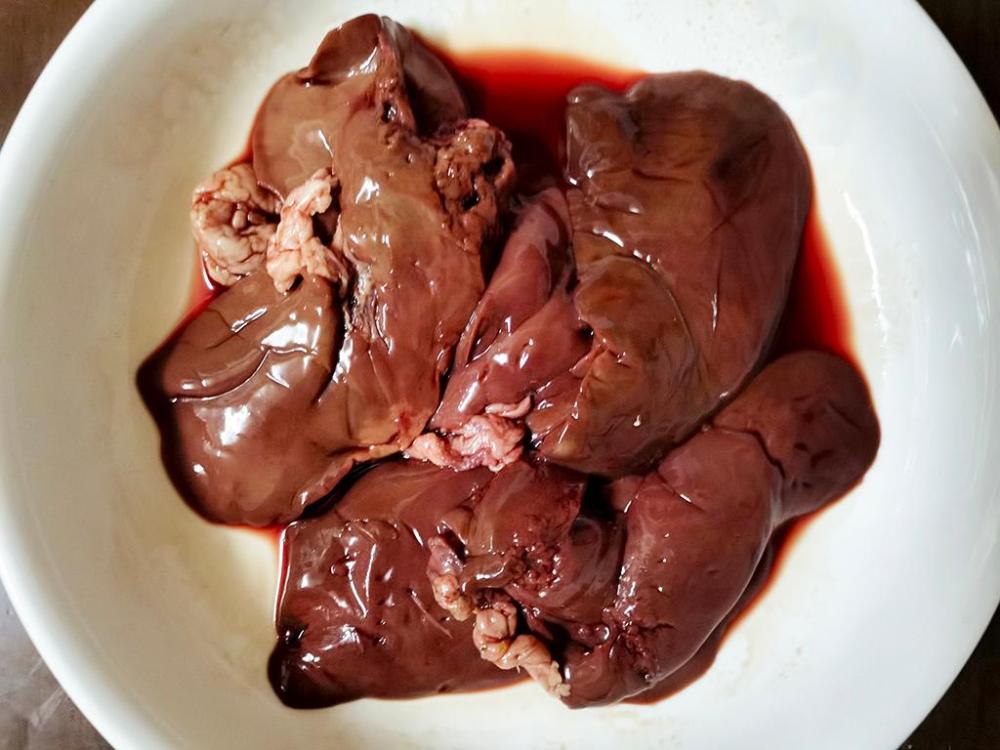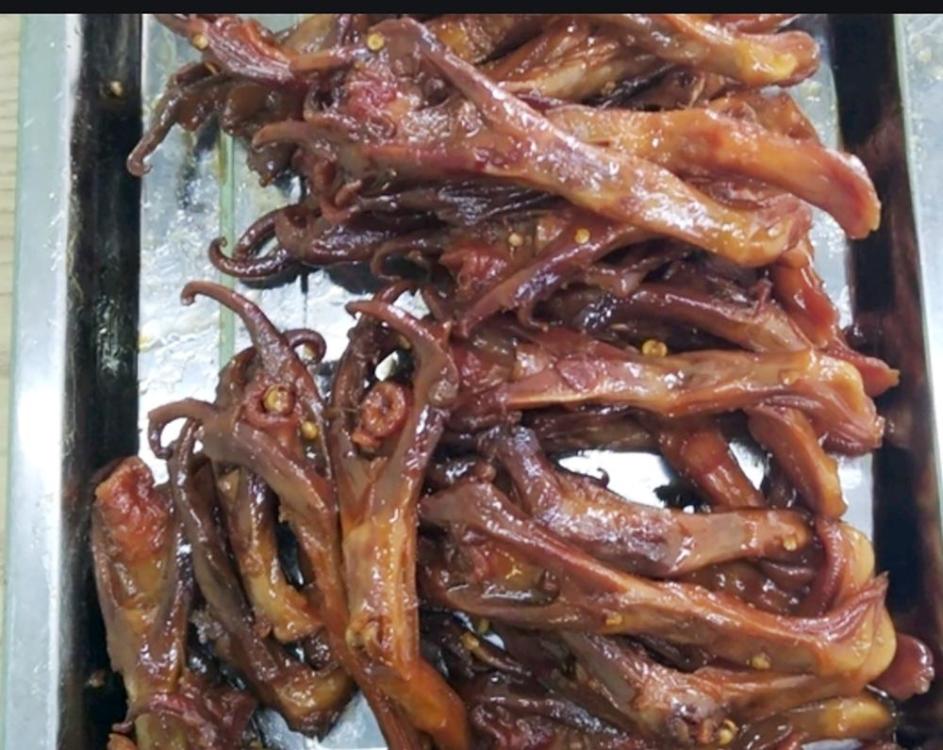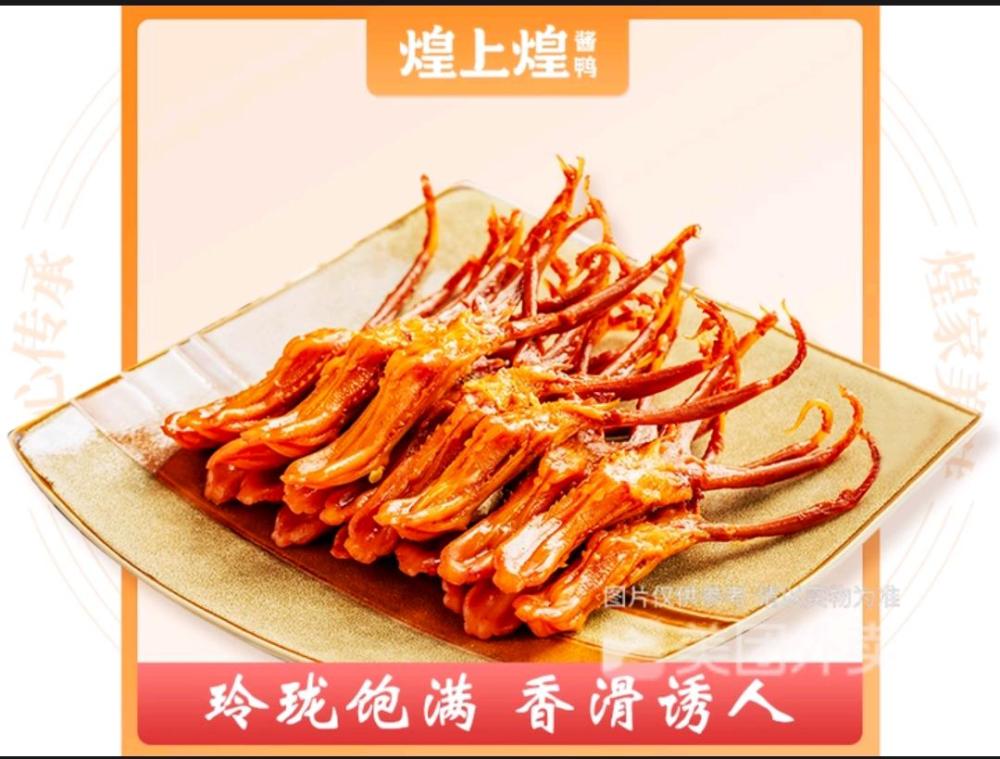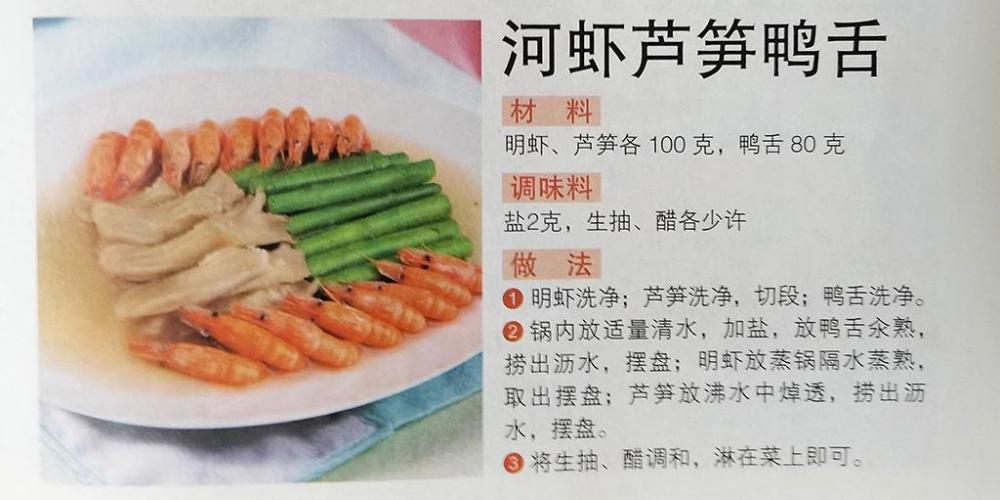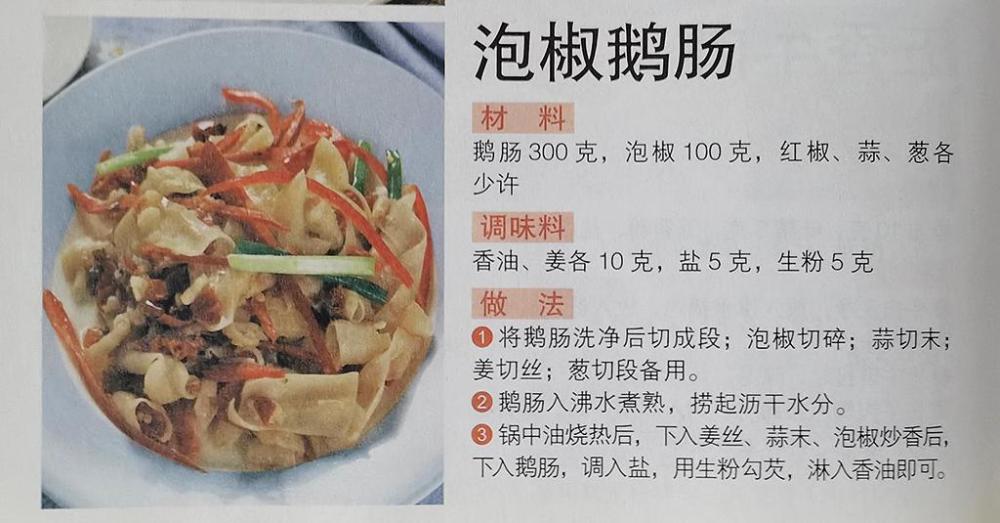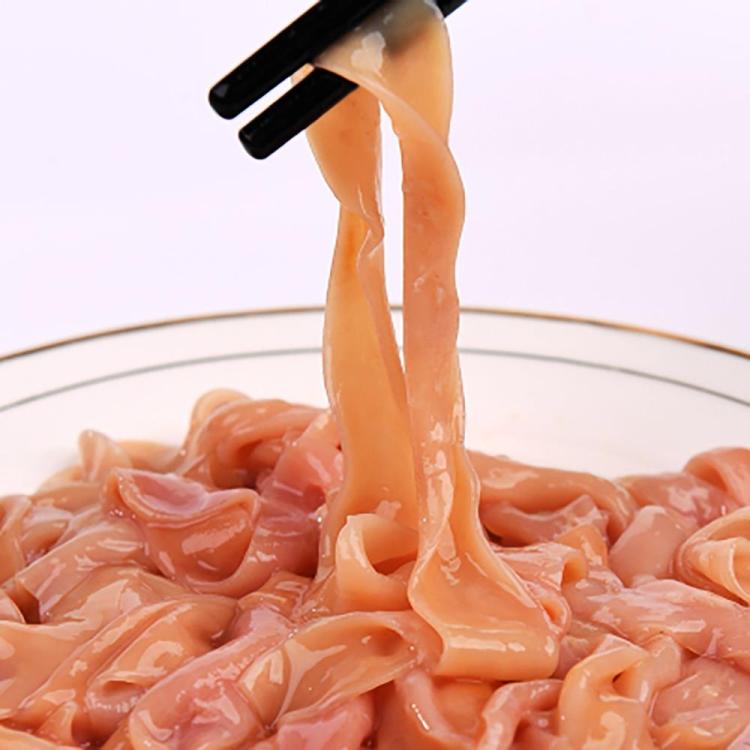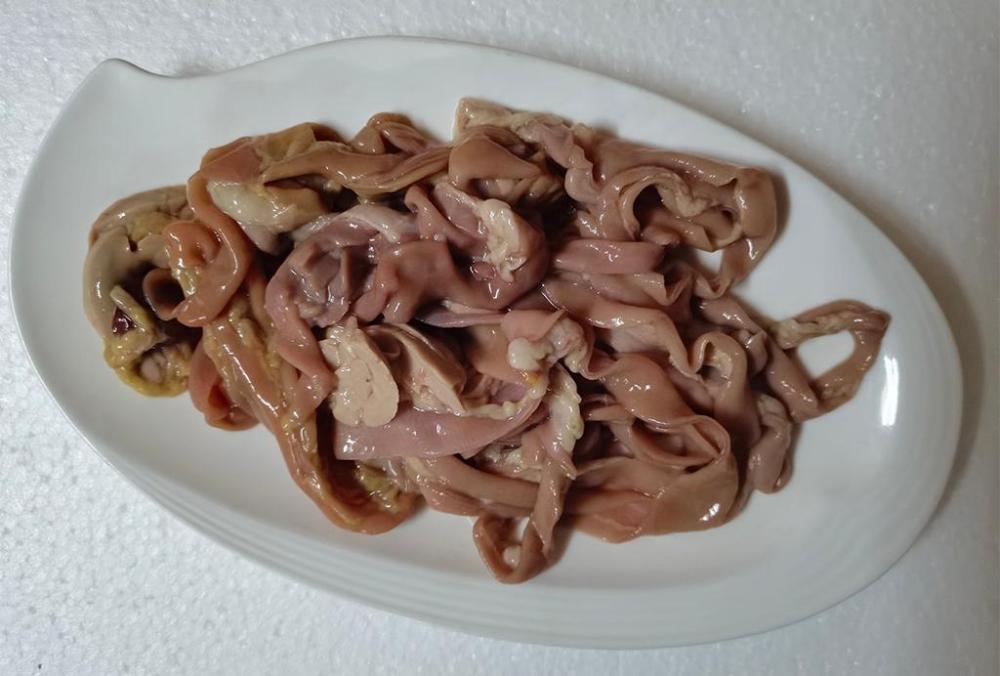-
Posts
16,751 -
Joined
-
Last visited
Content Type
Profiles
Forums
Store
Help Articles
Everything posted by liuzhou
-
The Usual Place Gourmet Food for the Discerning Gastronaut STARTERS Soup du Jour – Last few days’ leftovers in hot water. Slow Cured Heritage Beef Carpaccio – Some unidentified meat bought by the proprietor's grandmother before she passed away in 1974. (You don’t think we’re going to waste gas cooking that shit, do you?) Poached eggs on toast – Hand poached from the farmer next door by Dave the sous-commis chef. Dave is toast. Prawn Cocktail – Ha haha hahaha! There’s always one, isn’t there? Fresh oysters – Chucked to order by the head chef Antoine Le Gogeron or, as his friends call him, Tony Smith, winner of 29th prize in the school’s gradualation speling kwiz. Severed with minion et sauce. MAINS Catch of the Day – Whatever our Masie, bless her, found in the depths of the freezer but believe us, she ain’t no catch. Prime Steak – It’s the only frigging steak so it must be the prime one, right? Our delightful wait staff will take careful note of your preference re doneness; the chef won’t. Coronation Chicken – Out of respect, we prefer not to say whose coronation, Victoria! Traditional Fish and Chips – fried to order at the Chinese take-away up the street. Chinese Style Fried Noodles – actually leftover spaghetti from the lunch menu with whatever vegetables are cheapest at Tesco’s and pork. At least they told us it was pork. Tripe and onions – No one has ordered this since World War II, except that Mrs McWhatsit from the next street but Tony keeps it on the menu for a bet. The wait staff are instructed that if she orders it to say it is off and suggest a hamburger then give her directions to McDonalds. Works every time! DESSERT Fruit Pie of the Day – same old apple pie every day. Served with lumpy custard. Extra lumps free on request. French Crèpes – Tesco’s frozen thin crust pizza bases with sugar Ice cream with Fresh Fruit – if Tony can find the can opener for the fresh fruit. Ice cream is artisan made by the local supermarket’s supplier. Cheese platter – Kraft slice served on a cracker with one pineapple lump from Tony’s vintage can. Extra slice of cheese - ₤1 NOTE: A voluntary service charge of 20% will be applied to all bills. Any customer choosing not to pay should apply in person to Big Bill the Bruiser, the door man /bouncer. All mains are served with choice of Welsh organic rice, fries (not sure what they were in their last incarnation -probably not potatoes), or Keenwhah, Queenwaaagh, shit I don’t know, some shit from the jungle in South America). All allergies catered for. You got an allergy we are sure to serve it. Vegetarians are advised to seek assistance next door at Dr. Viande’s Clinic for the Disturbed. We do serve vegans, as a special, every Tuesday lunchtime – with or without barbecue sauce. No children’s menu. Cooking children is illegal.
-
I'm not sure what saltines even are. I've never knowingly eaten one. Some American invention? Should I try one? Or will that just be another entry for the Disappointing Discoveries topic?
-

Hoarding Ingredients - suffering from Allgoneophobia?
liuzhou replied to a topic in Food Traditions & Culture
I'd forgotten this topic. For some reason (pandemic?), all my sources of my favourite Portuguese canned sardines in olive oil have dried up. I normally buy them in batches of 30 and when I'm down to the last ten start to panic and re-order. Now I'm down to seven and can't find any more, so I have stopped eating them, because if I do, I'll run out! I'm saving those seven until I don't need them any more. -
Isn't that a contradiction in itself?
-
You can probably buy acceptable-for-a-month, maybe not ideal knives, wherever you go, somethng you haven't mentioned. I'm more imterested in what you may cut than how and then what you do it with. Are you going to fret away your trip worrying about how you cut and not what you cut? i've spent a month and more cutting with a well-travelled Swiss army knife. Dinner was great!
-
@Anna N @lemniscate I do love a recipe that starts Here is a recipe for czarnina (which does include the dried fruit). After the recipe is a short reminiscence of growing up with the dish. I like a story wth my recipes, not that I'm likely ever to make this. It's a lot of work, especially for an old man living alone! Czarnina - Image by MOs810, licensed under the Creative Commons Attribution-Share Alike 3.0 Unported license.
-
Apart from the canned corn beef, I still eat everything on your list, especially the blood sausage and kidneys.
-
Exactly. They look like clotted blood. I wish I'd used that expression!
-
...but have you found them? I guess they are warning you because it's too much trouble to remove them.
-
Things are about to get bloody. For decades, everywhere I’ve gone, I’ve kept half an eye open for one particular ingredient. Fortunately, I’ve seldom been disappointed. It’s an ingredient used worldwide, albeit in differing amounts in different places. East Asia uses it a lot; North America very little. Both my homelands, the UK and France use it fairly liberally. I’ve eaten it on four continents and the only reason it’s not more is that I’ve only been to four. The others have and use it, too. Not all of it is poultry related; in fact most isn’t, but there’s still plenty left for poultry enthusiasts to be seek out. I’ll start right here in China, where its use is possibly most widespread. I am, of course, talking about the sustainer of life itself, so important that our language is full of metaphors using its name. The very life blood of society. Chicken's Blood. I was virtually brought up eating marag dhubh, the Scots Gaelic for black pudding. I’ve eaten blood sausage / black pudding from England, France, Germany, Italy, North Korea, Russia, Spain, Portugal, Poland and Austria and I’ve missed some out. However, none of those feature here as none that I’ve had used poultry blood. Pigs’ yes, mostly. But also cattle, horse, deer and camel blood. Poultry livers often turn up in sausages, but not, so far as I can tell, blood. I’ve eaten blood pancakes in Scandinavia; raw duck blood salad in Laos; sangrecita, Peruvian fried chicken’s blood in Jamaica (!); torta di sanguinaccio, a pastry made using chocolate and blood in Italy; pork blood phở in Hanoi; yaks’ blood on the Tibetan plateau; гематоге́н, Hematogen a sweet nutrition bar containing bull’s blood in Russia. I’m resolutely haematophagous. But first let me say why we should consume blood unless we have strong religious or ethical taboos against doing so. Number one, it is highly nutritious, being rich in rich in protein and minerals such as iron, and in Vitamin D. Number two, it makes solid economic sense. It is said that Denmark for example, a relatively small country, has around 24 million pigs, 4 for every person. Around 25,000 are slaughtered every day just in one small country, yet almost all of that blood is thrown away – up to 4.5 kg per pig. What a total waste. Number three, once people get over their often irrational aversion to eating it, most people find that blood is delicious. Full of flavour of its own and useful not only as a nutrient, but as a thickener and flavour enhancer to other ingredients. Duck's Blood Blood from chicken and duck bloods are the most commonly used among poultry, but also turkey, goose, ostrich and emu are enjoyed in various places. Blood congeals rapidly on contact with air which is partly why we don’t bleed to death when we have a minor cut, but it also means that, unless it is very fresh, blood is usually consumed in a semi-solid state. This coagulation process can be slowed down by adding an acid, usually vinegar, or speeded up by gently heating the blood. Coagulated Chicken's Blood - This the blood from thefirst picture after half an hour. I can’t tell you where to buy poultry blood or if it’s even possible in your location; probably asking poultry farmers could lead to a supply. Be sure, though that it is fresh. Frozen blood is sometimes sold in Asian markets. Avoid it. The freezing alters its structure and thawed frozen blood tastes bloody awful. Dried blood is also available, but not poultry blood, so far as I can see. Anyway, it wouldn't be suitable for many of the dishes we are going to see. I am lucky here in that in the very first Chinese market I visited, in Xi’an, there was a woman behind a trestle table covered in whole and sectioned chickens. To one side were plastic rice bowls full of fresh blood for sale. Nearby was another table , this one covered in ducks and bits of ducks and again, the blood, both liquid and congealed. And every market I’ve been in since (hundreds) has been the same. Chicken and duck blood is also sold in some supermarkets. Having grabbed your blood, what to do with it? For now I’ll say some of the ways it is used here and in neighbouring countries and in another post, maybe tomorrow, I’ll look at the wider picture. Solid, congealed blood, known as 血豆腐 (xuè dòu fu), blood tofu, usually made from duck’s blood, is often added to soups and cubed to hot pots. It contains no tofu, but is so-named because the texture is similar to that of tofu. Blood and seaweed soup is a favourite as is blood egg drop soup. Chicken’s blood (鸡血 - jī xuè) is used as a thickener in many dishes. 血豆腐 - "Blood Tofu" - Congealed Duck's Blood Not at all famous is my own invention, chicken meat, duck's blood and Tonkin jasmine soup. Chicken, Duck's Blood and Tonkin Jasmine Soup However, one of Shanghai’s most famous dishes is 鸡鸭血汤 (jī yā xuè tāng), duck and chicken’s blood soup made by boiling the blood with chicken offal and other body parts. It is spicy and slightly sour. Shanghai people regard it both as a food and a medicine. 全州醋血鸭 (quán zhōu cù xuè yā) - Quanzhou ‘vinegar blood duck’ is a local Guangxi dish, derived from a Hunanese dish. A young duck is chopped on the bone and stir fried with garlic, ginger, chilli, bitter melon, sesame and peanuts and finished in a rich sauce made from the bird’s blood and vinegar. Served with green vegetables of choice and rice, it makes for a delicious lunch or instead can be served as part of a larger family style meal. The vinegar cuts the richness of the blood, whereas the blood limits the astringency of the vinegar, leaving the duck tender and juicy, but not at all greasy. 全州醋血鸭 - Quanzhou ‘vinegar blood duck’ 毛血旺 (máo xuè wàng) is a well-known Sichuan soup dish consisting of duck's blood with beef tripe, chicken gizzard and other offal simmered in a broth made with Sichuan peppercorn and chillies. It is appreciated for its several different textures - silky, chewy, crisp. 毛血旺 - Mao Xue Wang - Image is licensed under the Creative Commons Attribution-Share Alike 4.0 International license. Tomorrow the rest of the world and poultry blood.
-
In the lists of available poultry viscera, there is a notable omission from nearly all. Have you ever seen the birds’ kidneys? This invisibility has led many people to assume these birds don’t have kidneys, but that is false. They do. So where are they? Well, for a start, poultry kidneys are not normally the usual bean shape, but elongated strings attached to either side of the backbone. They are very small compared to say, the livers and difficult to harvest from the bird. I often get them when butchering a whole duck and scrape them out as a chef’s treat. But to collect them for a meal would be tedious, so they are seldom available. However, when I search the online shopping apps for ‘duck kidneys’ or ‘chicken kidneys‘ I get plenty of results. The problem is that what they are showing me is not kidneys, but gizzards. I’m not sure why. They look very different and have different names in Chinese, too! Kidneys are 腰 (yāo) or 肾 (shèn) while gizzards are most commonly 胗 (zhēn). Chicken Gizzards Gizzards have nothing to do with kidneys. In poultry, the kidneys process urine and, as birds lack bladders, pass that straight to the exit point, known as the cloaca. There is a good, non-gory diagram of a birds digestive system here. The gizzard is the bird’s second stomach. The first stomach, the proventriculus, provides the chemical secretions needed to partially break down the food. This then passes into the gizzard, also known as the ventriculus or ‘muscular stomach’, which does the job of the teeth in other animals. As you know hen’s teeth are rare! Duck Gizzards The gizzard is a powerful muscle which grinds the food such as seeds. If in need of more chemical treatment, the food can be passed back to the proventriculus for another dose of chemical action. In order to help the gizzard grind the food, many, but not all, birds also swallow grit and small stones, known as gastroliths, for their abrasive qualities. Most poultry birds do so. Remember this when preparing gizzards for the table. You don’t want to break a tooth on a gastrolith. Incidentally, gizzards are not only found in birds. Crocodiles and alligators have them, as do some fish and crustaceans. Earthworms are 99% gizzard! Gizzards are eaten as widely around the world as poultry livers, if not more so. In SE Asia, they are often grilled and sold in night street markets, In fact, the last time I ate any was in Vietnam. They are eaten across Europe. In France, duck gizzards are eaten in a traditional salad, along with walnuts, croutons and lettuce. Portugal stews them in fresh tomato sauce, while Spain cooks them on the plancha grill. Across Africa, gizzards are prized, usually grilled or fried. The USA also likes a good gizzard, especially, I’m told, in the southern states. According to Wikipedia, True? Mexico serves chicken gizzards with beans and tortillas for breakfast. But I think it is in Asia that they are most appreciated and are used in most ways. Here in Mainland China, Wuhan, where Covid was first detected, is noted for its duck gizzard dish, 久久鸭 (jiǔ jiǔ yā) and Sichuan is known for its inventiveness with and the number of gizzard dishes on offer. But they are served across the country. Taiwan has its fried gizzard on sticks and also slow cooks them. In Indonesia, it is rare to be served fried chicken without getting its gizzard too. Japan has gizzard yakatori. Gizzard adobo is a common meal in the Philippines and grilled gizzards a popular street food. 久久鸭 (jiǔ jiǔ yā) translates as ‘a long time duck’, surely a reference to the fact that these things take a lot of cooking, unlike most offal. For this reason, I have only ever cleaned and cooked them once. Too much faff! I now only eat them when someone else does the hard work. Most recipes call for long, slow cooking to tenderise this strong muscle and even fried or grilled gizzards are often partially cooked by braising or boiling first. Here is a YouTube video of a Nepalese preparation, although the general principles apply everywhere.
-
I did wonder as I lived in Hunan in the 1990s and return frequently. There is nothing in your recipe that wouldn't be found in Hunan except the roasted chili oil and Chinkiang vinegar which is from eastern China. They do use a lot of vinegar, but would use a local one. It was just the combination struck me as odd. Hunan would, I'm sure, use actual chilies, dried or fresh or both. Chili oil tends to be more SIchuan. Hunan cuisine is famous for two things, smoke and fire. They love smoked and cured meats. And they love chili. Many people think Sichuan is the chili capital of China. It isn't. Hunan is. Guizhou province is runner-up and Sichuan only gets bronze. You may want to have a look at this topic describing a trip I made back to Hunan in 2016. It describes the food and shows many examples. I'm not saying you wouldn't find that recipe in Hunan, but I doubt anyone there would describe it as Hunanese. But, hey, if you enjoyed it no one is complaining.
-
Moving on, I’m going to guess everyone knows how to deal with chicken livers. In fact you probably know a lot of uses that I don’t. However, I am wondering how many people have ventured outside the chicken coop. Chicken Livers Here we get chicken livers (鸡肝 - jī gān), but also easily available are duck livers (鸭肝 - yā gān). In fact, some vendors mix them together; they taste so alike it doesn’t really matter. We also see pigeon livers (鸽肝 - gē gān) and even tiny quail livers (鹌鹑干 - ān chún gān). Going to the other extreme, goose liver (鹅肝 - é gān) is also available. Uncleaned Duck Livers These livers are normally fried or grilled as snacks and added to hotpots etc. Fried rice with diced livers are not uncommon. The interwebs are full of recipes for “Chinese Chicken Liver”, but nearly all are western adaptations and unknown in China. Pigeon Livers Goose Liver Fried Rice I often serve them (chicken and duck livers) with pasta and, of course, make liver pâté but none of my friends know what it is. It is made in Hong Kong, probably due to the foreign influence. Chicken Liver Pâté and Toast Talking of goose livers, China is now producing foie gras (酱鹅肝 (jiàng é gān) or 鹅肝酱 (é gān jiàng)) by the French method for the luxury market, although in very limited quantities – about one twentieth of what France produces. French and other imports are also available, but pricy. Japanese restaurants (all Chinese owned here in Liuzhou) often have excellent goose liver sushi. French Foie Gras Imported to China Foie Gras and Toast Goose Liver Sushi
-
Agreed. I never order squid in restaurants because its my favourite. And I clean and briefly fry my poultry hearts because that is how I prefer them, although I will buy them grilled from some of the street food charcoal grill people.
-
I seem to detect a bit of a sense of humour failure somewhere. I cook squid for one minute or one hour, never between the two. Usually, the former. But I suspect squid don't count as poultry.
-
Wait till you get a bitter one, then tell me it's a waste of time. Simmering hearts seems like a waste to me. Fry the fellas as nature intended! That's why they have the fat surrounding them.
-
I do go for that!
-
Well, I did know it actually. My mother was from near Lyons. An interesting article from the BBC, nonetheless. While France is renowned for its pains au chocolat and croissants, Lyon has a long-standing tradition of tucking into wine and offal at breakfast.
-
This was the first thing I ever ate in what was to become my future home city. It was 1997 and I was visiting Liuzhou from Hunan Province, where I then lived. The person I was visiting took me for dinner in the hotel I now live next door to all these years later. I moved in 1999. On the table as we sat down was a plate of what looked to me like small, strangely shaped, bifurcated bits of gristle and a bowl of dipping sauce consisting of soy sauce and chilli peppers. Something to munch on as we contemplated the menu. I tentatively reached for a lump of gristle, duly dipped it and slipped it into my mouth. All I tasted at first was the dip, but gradually the flavour of what was dipped came through. A sort of intense duck flavour. The thing was crisp on the outside, but had a creamy mouthfeel on the inside and was oh so tasty. Fried Duck Tongues What I was holding was a deep fried duck tongue 鸭舌 (yā shé). Like most people, I guess, I had never considered whether ducks had tongues or not. I now know they do, but their tongues are not like ours; they have no taste buds. The tongues are merely used to manoeuvrer food into the right position to slip down their gullets. I know people who eat like that, too. Duck tongues are a hugely popular snack or beer food in China; less so elsewhere, it seems. There are two main ways to prepare them here: the first being a Cantonese preparation where they are shallow fried and finished with soy sauce, rice wine and sugar, the second with more of a Hunan influence sees the tongues deep fried and sprinkled with chilli flakes and cumin. I like both, but my preference falls to the latter. Cantonese cooks also steam the tongues with ginger and rice wine. For some unknown reason, these are never seasoned and for known reasons sorely need to be. I avoid those. There is a recipe of sorts here for spicy duck tongues which is very similar to how I prepare them. Ignore the TCN (Traditional Chinese Nonsense) advice about these being a “cold” food and eating them not provoking anger! I only get angry when they run out! Advertising for industrially produced duck tongues Ready to eat tongues are often sold on supermarket deli counters and there are industrially cooked and packaged versions in convenience stores, but the raw tongues are seldom seen in regular stores. I get them from the local wet market. In the west, I’d be looking in Asian markets or online. They are sold frozen in London’s Chinatown, I know. Finally, here is another recipe from my collection of Chinese language books. 河虾芦笋鸭舌 (hé xiā lú sǔn yā shé) River Shrimp, Asparagus and Duck Tongues 100 gram river shrimp 100 g asparagus 80 g duck tongues soy sauce, salt, vinegar Wash the shrimp, asparagus and tongues. Boil the tongues in salted, boiling water and drain. Reserve. Steam shrimp until done. Blanch asparagus and drain. Dress to taste with light soy sauce and vinegar. Serve. Again, no indication of how long to boil the tongues. Some other recipes recommend up to 30 minutes, but that seems excessive to me. But then I never boil them; always fry.
-
Yeah. I have some green ones somewhere, too. They came in a batch of 10 in mixed colours. I find them useful for all sorts of things other than what the manufacturer intended.
-
...and here is a recipe from one of my Chinese language cookbooks. I have translated the ingredients and summarised the method. Note the lack of detail which is typical of Chinese cookbooks. No timings. 泡椒鹅肠 (pào jiāo é cháng) Goose Intestines With Pickled Chili Peppers 300 grams goose intestines 100 g pickled chili peppers 1 red bell pepper 1 clove garlic 1 scallion 10 g ginger 5 g corn or potato starch salt sesame oil Clean goose intestines and cut into sections. Chop peppers. Mince garlic. Chop scallions. Set aside. Boil goose intestines in boiling water, remove and drain. Heat oil in pan and add ginger, garlic and peppers. Stir fry until fragrant. Add intestines and salt. Thicken with starch. Sprinkle with sesame oil and serve.
-
Perhaps the most divisive ‘nose-to-tail’ part of poultry is a part which many people find repulsive, yet many have eaten unawares, albeit probably not from poultry. Chicken Intestines I’m talking intestines which, of course, have been used as natural sausage casings for centuries*. Poultry intestines aren’t normally used in this way but are very popular in parts of the world. In China, a spicy Chongqing hotpot is incomplete without having some intestines to drop in to quickly cook. Chicken or duck are common but most highly prized are 鹅肠 (é cháng), goose intestines, which in some birds can be as much as three metres / nine feet long. Intestines are also stir-fried with soy sauce. Poultry intestines can be hard to avoid in Hong Kong. Goose Intestines Across SE Asia, poultry intestines are valued highly. Marinated and fried chicken intestines are used in the Philippines for a dish known as ‘Adobong Isaw ng Manok’, or just ‘isaw’, for example. In South Africa, grilled intestines are often part of a braai, or barbecue. Alternatively, they can be curried as ‘curry malana’. Recipe here. Of course, the Southern States in America have their chitterlings or chitlins, but do they also eat poultry intestines? Of course, given the intestines function in the bird, correct and careful preparation is required. The tubes have to be thoroughly cleaned. Squeezing hem between the finger tips can remove the bulk of any waste, but then people get inventive. There are those who destroy their coat hangers to improvise tools to push out any unwanted material. Others fashion mini hoses to wash away the detritus. Many, including me cut the things open and clean under running water. A pair of scissors will do the job, or you can buy these dedicated tools to slit open the guts. Intestine Cutters The Chinese for ‘sausage’ is 腊肠 (là cháng) which literally means ‘cured intestine’.
-
Apologies. I meant the connecting tubes etc between the various parts of the heart have to be removed. The cleaned ventricles are eaten.
-
I've had Planter's peanut oil and can taste peanut. In fact, I've never found a peanut oil that I can't taste. I'm no super-taster; it may just be that I dislike the taste in some applications and, so notice it more. Peanut oil is the main oil used round here. There are certainly some super-peanuty oils such as your Taiwanese sample.




